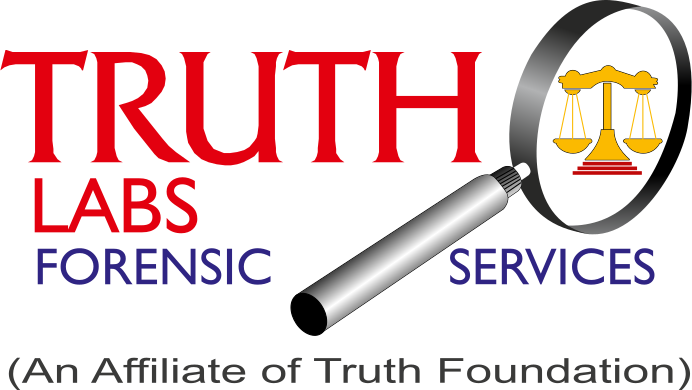Forensic investigation is the process of gathering and analyzing evidence related to a civil or criminal case in order to aid the investigative and judiciary proceedings. Various tools and techniques are used in forensic investigation depending on the nature of the evidence (which may be blood, fluid, fingerprints, residue, hard drives, computers, mobile phones, bullets, tools, weapons, etc.).
Thus, within forensics there are sub-divisions related to a specific type of evidence or area of investigation. These include forensic accounting/auditing, cyber forensics, crime scene forensics, forensic archaeology, forensic dentistry, forensic entomology, forensic graphology, forensic pathology, forensic psychology, forensic toxicology, forensic serology, questioned document analysis, fingerprint analysis, etc.
Regardless of the scenario and evidence, a forensic investigation involves the collection and preservation of evidence that are sent to the respective forensic department. The report including the procedures, observations, and results is submitted which can then be called upon for expert testimony.




